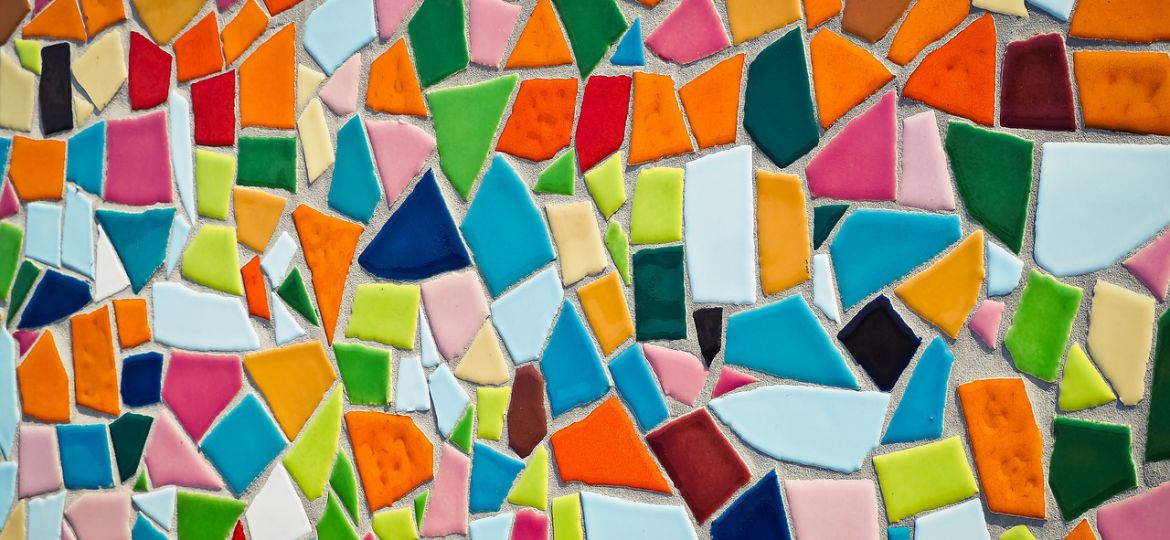
Where my lottery of birth is concerned – I have been born into a significant amount of privilege that enables me to breeze through life and not face obstacles in going from one place to another as well as in accessing resources. But I am a massively function-less person; if I were to look up the dictionary definition of the word ‘useless’, I’m sure I’d be looking at a generalised description of myself.
To break it down – getting out of bed, basic tasks (at home and in the workspace), taking care of myself, and stepping out of the house and meeting people, is undoable for me. When I do get something done, it’s a massive fight that I wage with myself. I have no mobility. The only never-ending mobility that I can offer myself is one of stuffing my face non-stop, even though eating my feelings away is bound to have disastrous consequences of its own.
My depression has many triggers and roots – one of them is my non-binary identity and my open declaration of the latter, which has left me feeling exposed like the raw end of a nerve. I have a community and a support group – but just because we belong to a vulnerable community, it doesn’t mean that we are the same people or have similar behavioural traits and similar problems. We are a galaxy and that means that sometimes we don’t get each other. Even when I’m with people in my support group, I feel alienated and lonely.
I have always wanted a beard, simply because I want to look at myself in the mirror and feel good about it, and my biological composition doesn’t allow it. Two consultations with separate doctors and a conversation with a family member sent me running for cover from the idea. The three people that I spoke to reacted as if I had asked them for their kidneys and then threatened to set their houses on fire. I’m now terrified to act on the very thing that I have wanted for a decade.
On a larger scale, my non-normative sexuality is confined to tiny spaces, influenced by fear of impending violence, rejection and revulsion, even when one is privileged enough to live in a metropolitan city. I keep promising myself that I would take full advantage of all the privileges an urban space and its capacity for negotiations have to offer, but what then results is worthy of the ‘expectation vs reality’ memes. Whatever avenues there are left to explore, are then curtailed by my mental health issues. Given that my depression and self-esteem go hand in hand when acting upon the need for companionship, my perception of my own desirability and social acceptability also evaporate and result in the loss of motivation and mobility.
I should clarify though – my non-binary identity is not responsible for me being without basic function and mobility; dominant heteronormativity, the gender binary and a society that places overachievers on a pedestal, are. Law, policy and campus and workplace guidelines can change – but attitudes, social stigma and unhealthy stereotypes are a much bigger battle in themselves. It was growing up thinking that I’m an anomaly and not my non-binary identity in itself that drastically affected how I looked at myself and how I could express myself.
This is not a pity story though. As bleak as it sounds, it’s fightable, and my first step to doing that is through self-awareness. I should also acknowledge that if I as a non-normative person feel stifled, it’s not my fault. It’s the political atmosphere that has so rigidly demarcated dominant heteronormativity and the binary of gender identities. I am defiant in my assertion of queerness and neurodivergence – and this will help me regain control of my mobility someday.
I want to get to a place where I am more functional and active, but I don’t want to feel guilty about not doing the latter anymore. For this, I owe Hannah Gadsby a big one. In a show called Nanette (available on Netflix), she addressed gender-based violence, sexual violence, queerphobia, toxic masculinity, male privilege and society’s complicity in structural violence, among many other themes. Hannah Gadsby also talked about making peace with the idea of not being hyperactive and super-productive. That it’s okay to prioritise staying home with the cat and a cup of tea. Nothing wrong with the latter and we should not feel guilty about not being on our feet non-stop. One of my favourite lines/jokes from her stand-up set where she summed up not being active all the time was “I don’t get a lot of lesbianing done”, contrary to unfortunately popular stereotypes.
As such, I want to wear my badges of depression, anxiety and social alienation with pride (pun intended) – and someday wrest back the self-esteem that I have lost to the terrains of heteronormativity and the gender binary. The concept of queer pride is not just the showcasing of marches with drum beats and rainbow flags, it’s also being open about the larger structural as well as personal struggles that a non-binary person faces.
Cover Image: Pixabay